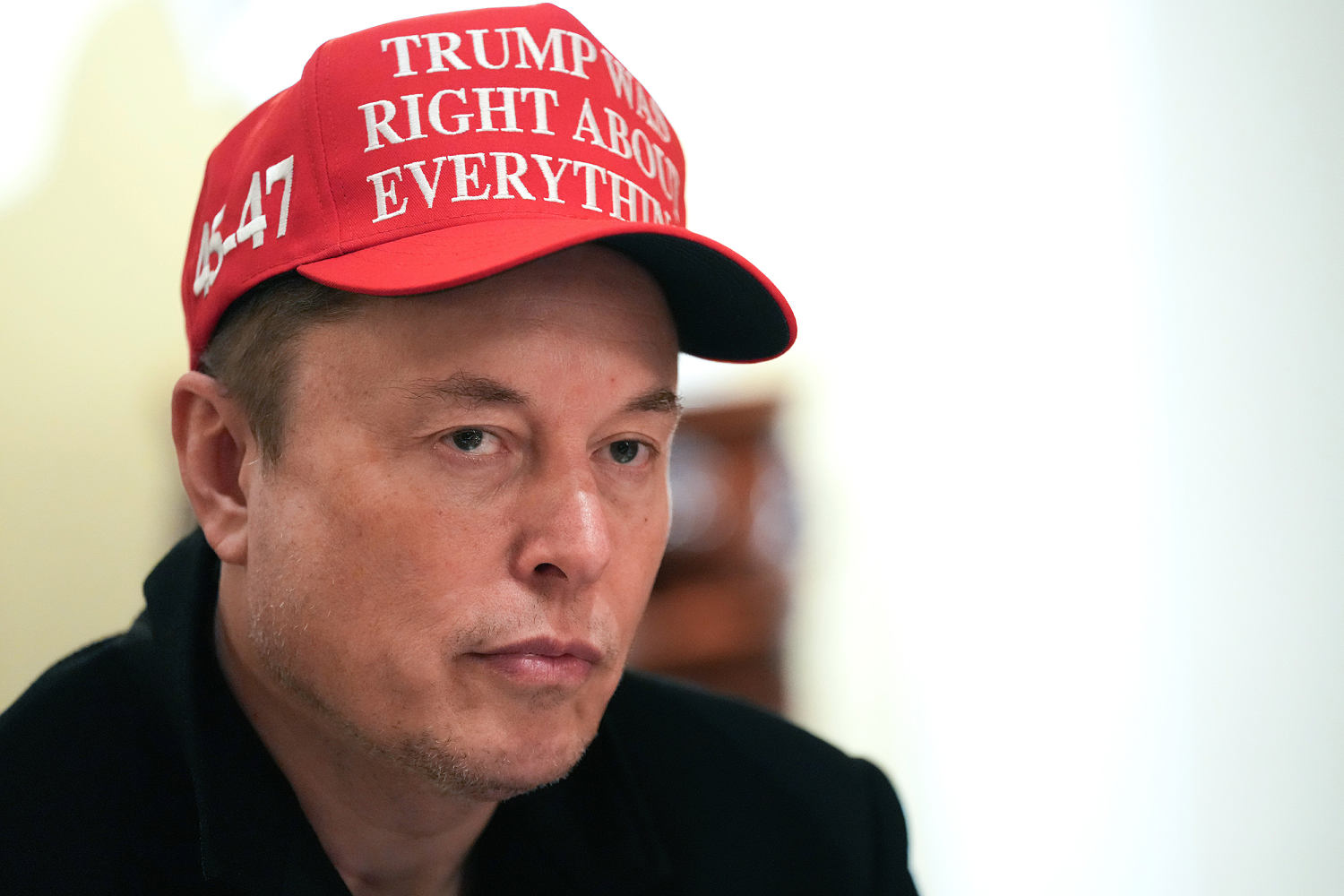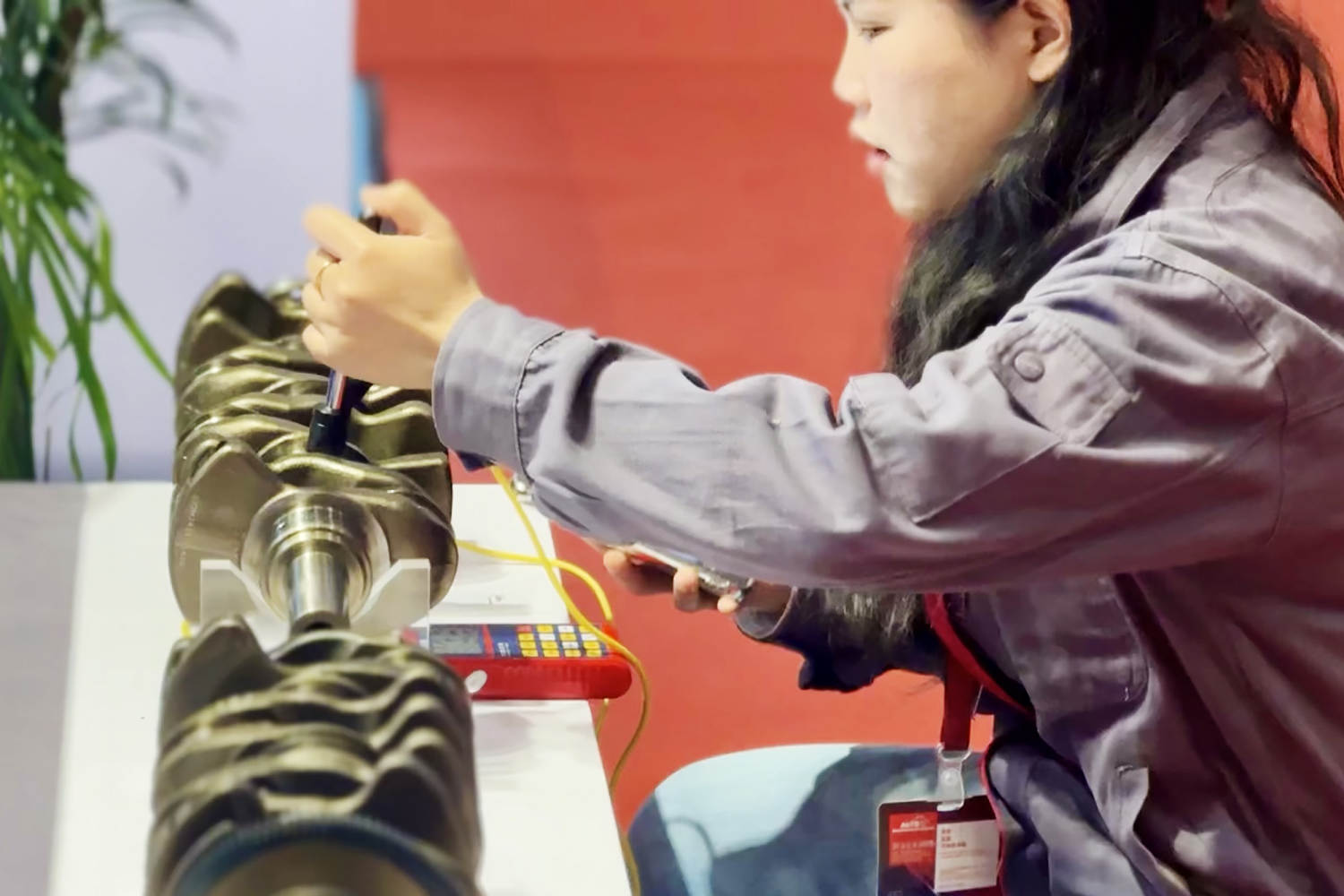Elon Musk’s focus on American-made products at Tesla could shield his company from the brunt of President Trump’s new tariffs on foreign vehicles and automobile parts.
While foreign automakers and American consumers anticipate climbing car prices, the electric vehicle (EV) manufacturer — led by Musk — may be safe from Trump’s 25 percent tariff because of its domestic production.
“Tesla made a business model choice that has served them well,” said Simon Ellis, who leads supply chain practices at IDC Manufacturing Insights. “They can ... argue more compellingly that their cars are really made in America.”
“And in the current climate, that probably helps them,” Ellis added.
Trump’s 25 percent tariff is set to go into effect on April 2 as part of the president’s broader trade war. He argued the tariffs will encourage foreign car manufacturers to move production into the U.S. and increase American jobs.
Tesla produces all of its North American vehicles in the U.S. at factories in California and Texas, potentially lessening the impact for Musk-led company, industry experts said.
“[Tesla] is well positioned because they have vertical integration,” said Stephanie Valdez Streaty, Cox Automotive’s director of industry insights. “They produce the vehicles they are building, the batteries. ... They can have more control over that supply chain, which helps them out.”
The tariffs are meant to force automakers to move production to the U.S., which could be a lengthy and expensive process.
Trump told "Meet The Press" in a Sunday interview he was fine with Americans paying higher prices for cars, so long as they were made in the U.S.
“I couldn’t care less. I hope they raise their prices, because if they do, people are going to buy American-made cars. We have plenty," Trump said.
Tesla has a head start to this transition, observers said, given the manufacturing process already takes place in the U.S.
“It going to take a while for some of these other manufacturers that don’t have anything. It’s going to take longer for them to retool the plants or shift production,” Valdez Streaty said. “So that’s another advantage.”
Tesla’s EV competitors are poised to be especially hard hit by Trump’s auto tariffs, Maxwell Shulman, a policy research analyst at Beacon Policy Advisors, told The Hill.
EVs already tend to be more expensive than their gasoline-powered alternatives and are reliant on battery and critical mineral supply chains that mostly run through China, Shulman noted.
“Any corresponding price increase makes them even less appealing to the average consumer,” Shulman said. “And many companies are currently already losing money on every EV they make right now in the hopes that it might eventually be profitable.”
In a note to investors last week, Deutsche Bank analysts predicted Tesla would be “best off” from the tariffs when compared to other major car manufacturers, including Ford, Honda, General Motors (GM), Nissan, Toyota and Stellantis.
Analysts predicted GM could be the most impacted given its presence in Mexico, while Nissan and Toyota could be “materially impacted” due to imports made in Japan and Mexico. ...












